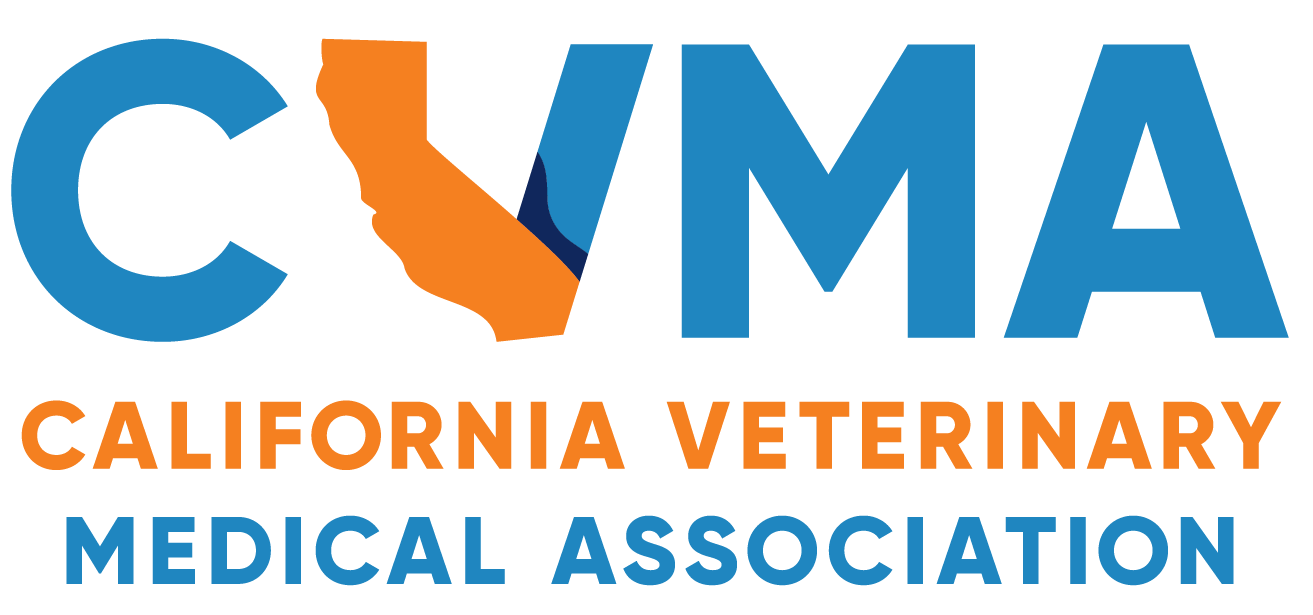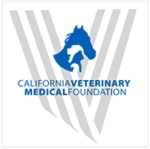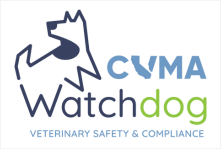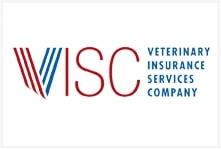The CVMA is committed to helping solve the access to veterinary care challenges facing California.
Access to veterinary care refers to the University of Tennessee Access to Veterinary Care Coalition 2018 study that found that one out of every four pet-owning households cannot afford even basic veterinary care services for their pet. By “basic,” the study meant: sick or injured animal care, emergency care, and basic vaccines.
Access to veterinary care is a multifaceted public health and welfare issue rooted primarily in many pet owners’ inability to afford these basic veterinary services. However, lack of access to veterinary care is influenced by other factors as well. Additional factors include:
- Regulatory policies including incremental care and utilization of veterinary support staff;
- Transportation constraints;
- Language barriers;
- Veterinarian availability;
- Public education and outreach;
- And others
Veterinarians alone cannot solve the problems that stand as barriers to basic (as defined above) veterinary care for so many pet owners.* Because the health of a pet is linked to the health of their family, the problem of access to veterinary care should be considered a public health and social service issue. Collaborative steps must be taken to help underserved families access veterinary care for their pets to ensure communal health and welfare. Collaboration of government agencies, private non-profit groups, pet owners, and the veterinary profession are key to addressing this issue.
All people across the socioeconomic spectrum deserve to benefit from the human-animal bond.
The CVMA Access to Veterinary Care Task Force has identified several ways in which the CVMA and the veterinary profession can contribute to finding solutions to access to veterinary care. The CVMA is committed, on an ongoing basis, to working on each of these items. View the list here.
More information about Access to Veterinary Care can be found at the University of Tennessee Access to Veterinary Coalition website and in their survey report.
*This statement is not meant to construe in any way that elective services, such as animal physical rehabilitation or musculoskeletal manipulation, should be performed outside of direct veterinarian supervision. This statement addresses an important issue facing economically challenged pet owners who struggle to provide their animal with core veterinary health care services.





